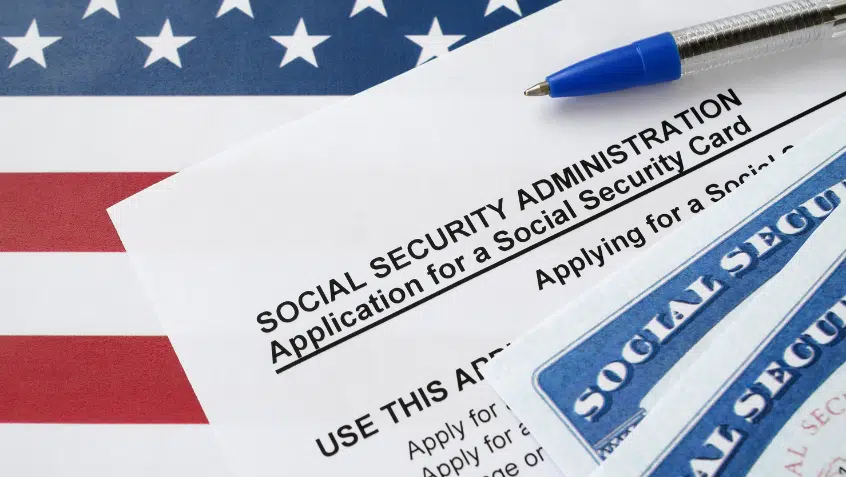New Issue Brief Examines Effects of Trump-Era Medicaid Policies

A new issue brief from the U.S. Department of Health and Human Services (HHS) Office of the Assistant Secretary for Planning and Evaluation (ASPE) examines the effects of the Trump administration’s Section 1115 waiver policy on Medicaid coverage and care. ASPE advises the HHS Secretary on health care policy development, research, and analysis.
Section 1115 of the Social Security Act allows states to request and HHS to approve waivers of certain Medicaid rules, as necessary to implement demonstration projects that the Secretary determines are likely to promote the program’s objectives. This process is intended to give states the flexibility to test new ways to better serve people with Medicaid.
Over the years, 1115 waivers have been used to expand eligibility and benefits, modify financing elements, and experiment with delivery system reforms. Approved projects generally reflect state and federal priorities, the latter of which can change from one administration to the next.
Under the Trump administration, for example, HHS encouraged states to use the waiver process to impose work requirements, establish healthy behavior incentive programs and health savings account-like arrangements, and cap federal Medicaid financing. President Biden, however, is taking a different approach. In January, he ordered an immediate review of these policies.
The resulting ASPE report, Medicaid Demonstrations and Impacts on Health Coverage: A Review of the Evidence, finds that “work requirements, healthy behavior incentives, and health savings account-like arrangements…have reduced enrollment and access to care.” Though demonstrations that cap federal funding have not yet been implemented, ASPE notes that “concerns about the potential for enrollment cuts and benefit reductions” associated with such changes “are prevalent in the literature.”
Importantly, the agency also discusses the inability of these demonstration features to meaningfully further the goals of the Medicaid program—a key requirement for waiver approval. This aligns with other sources of analysis. Work requirements, in particular, have been halted by federal courts for a failure to further the program’s objectives.
Medicaid’s core mission is to provide all who are eligible with comprehensive health coverage. As the Center on Budget and Policy Priorities (CBPP) explains, 1115 demonstrations should, therefore, “test new ways of providing coverage or delivering care that improve health outcomes and the program’s overall effectiveness or efficiency…[t]hey should not cause fewer people to get or retain coverage or make it harder to obtain necessary health care.”
Yet, many of the studied waivers do just that. According to ASPE: “While one of the stated motivations for several of these demonstration features has been the desire to improve beneficiary health, the loss of coverage evident in multiple studies of these policies suggests they carry a significant risk of having the opposite effect— harms to access to care and adverse health effects. Given the strong evidence linking health insurance coverage to positive health and economic outcomes, policies that lead to loss of Medicaid coverage, increase rates of uninsurance, and heighten barriers to medical care can have significant negative public health consequences, particularly during emergencies such as the current pandemic.”
During the COVID-19 public health emergency and beyond, Medicare Rights will continue to oppose efforts to limit access to care, across insurers and systems. We urge federal and state policymakers to instead pursue solutions that ensure everyone has affordable, high quality health coverage.
The Latest
Most Read
Trump Administration and Elon Musk’s DOGE Closing Social Security Offices, Harming Access to Services
Threats to the Social Security Administration and to Benefits Continue to Raise Alarm
New Resources Show House Budget Would Slash Medicaid, Despite Voters’ Support of Program
Federal Government Funding Decisions Loom
Add Medicare to Your Inbox
Sign up to receive Medicare news, policy developments, and other useful updates from the Medicare Rights.
View this profile on InstagramMedicare Rights Center (@medicarerights) • Instagram photos and videos









